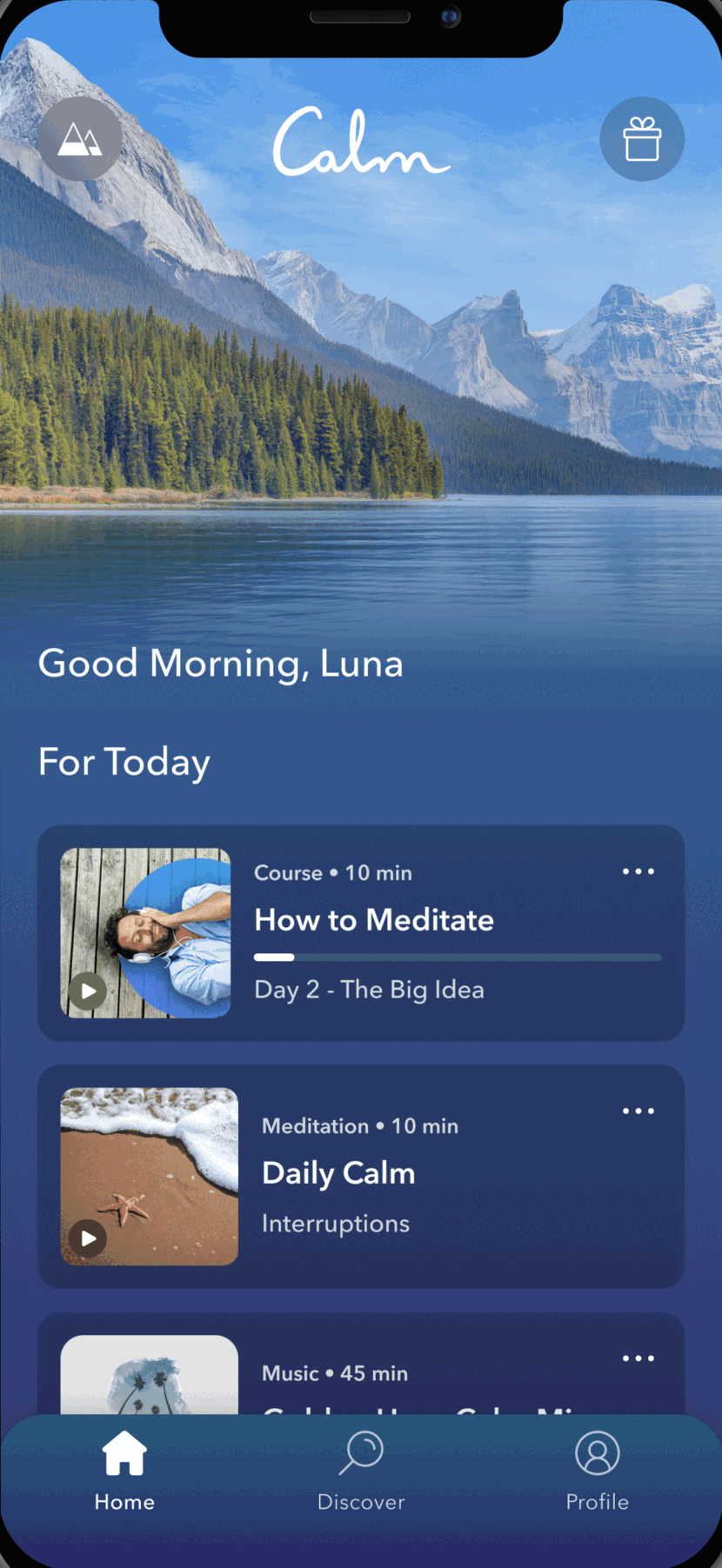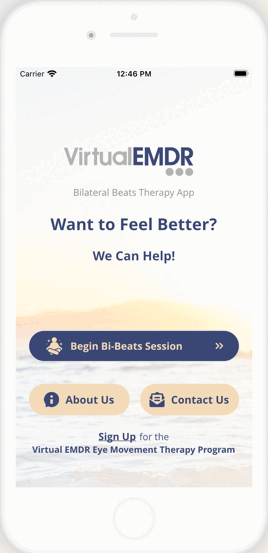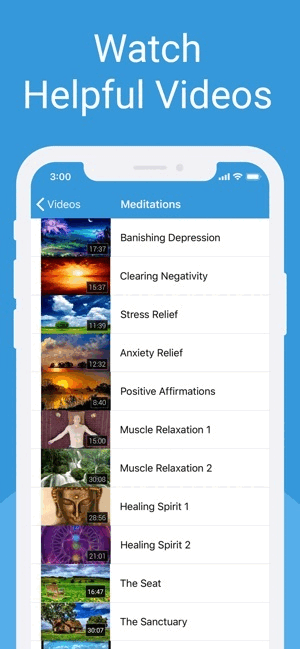Self-Help
At Oakvine, our approach to health and wellness is grounded in real time support. We believe the moment of need is the strongest conduit to change - and sometimes that is as simple as the right piece of information at your fingertips. So, we've compiled some resources that many have found helpful along the way and encourage you to share as well! See below for some wonderful work, tips, help, and ideas from leading minds... and if you can't find what you need, call us.
Recovery Support Groups
Support for the Family
Apps to Check Out
Check out these awesome apps and schedule your first session with us today!
Other Cool Resources
Things You Can Try Now
Oakvine believes in the power of support; from our team, our tools, and ourselves - so we are constantly looking for ways to help you help yourself.
The Science:
Neural pathways are strengthened into habits through the repetition and practice of thinking, feeling and acting.

Daily Practice:
Start your morning passionately declaring aloud your goals for the day.
The Trick:
Do this immediately following EMOTE to piggyback off of that good feeling!
Repeat
The Science:
The most important part of using visualization to strengthen healthy habits is to engage your emotion. Research shows that anytime you are thinking, you are engaging and thus conditioning neural pathways. Whether you are reminiscing about the past, thinking about the present or anticipating the future you are strengthening the neural networks associated with whatever you are thinking about.

Daily Practice:
Spend 10-15 minutes per day visualizing yourself achieving your goals.
The Trick:
This should be so vivid, dynamic and pleasing that it easily engages positive emotion.
Visualize
The Science:
The more emotion you engage, the more neurons you activate to form well-worn pathways. Emotions and feelings act as the glue that binds you to experiences. Emotional energy is the juice, or fuel, behind your thoughts that give power to your memories, goals, hopes, and dreams.

Daily Practice:
Do something everyday that you enjoy.
The Trick:
While you are engaged in this good feeling activity, focus on the feelings of achieving your goals and intentions.
Emote
The Science:
Researchers tell us that meditation alters the structure & function of the brain; specifically, the prefrontal cortex (which helps the body shift from the stress response to relaxation), increasing grey matter in this region of the brain. The prefrontal cortex is larger in the brains of meditators. In short, meditation can promote cortical plasticity in adults in areas important for cognitive & emotional processing & well-being.

Daily Practice:
Meditate for 15 minutes, every day.
The Trick:
Focus on your in-breath and out-breath. Retrieve your mind anytime it wanders onto anything but your breath.
Meditate
Got Helpful Tips & Tricks?
We're always looking for new ideas, research, and self-help ideas. Send us an email if you have something you'd like to share!
















